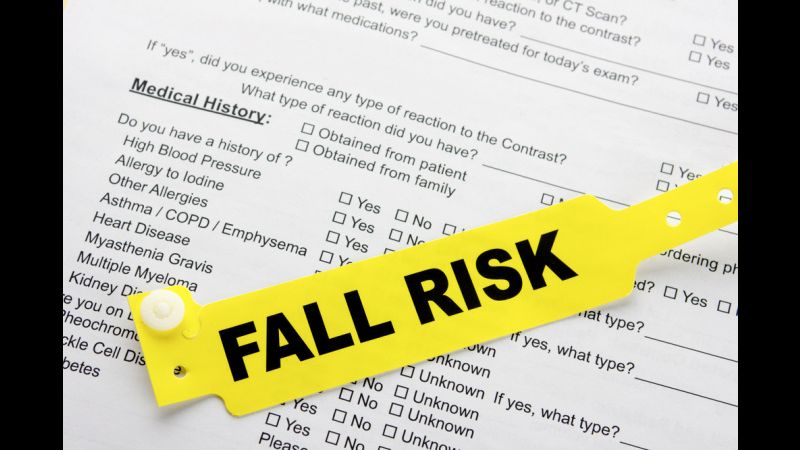Falls can cost you more than just your health; they can also take a bite out of your piggy bank. While many people only consider the health concerns that come along with senior falls, they often overlook the monetary cost of falls that follow.
The Department of Housing and Urban Development (HUD) recently released research that looked at the “rapidly growing problems of senior falls.” According to this report, the estimated health care cost of falls for people over the age of 65 will reach nearly $60 billion by 2020. That number is expected to rise, if more is not done to help educate people about fall prevention at home.
A Breakdown of the Cost of Falls
The bulk of the cost of falls for seniors was related to injuries sustained and the medical expenses that followed. The Centers for Disease Control estimates that in 2015, the cost for falls “for Medicare alone totaled over $31 billion,” and that the “average hospital cost for a fall injury is over $30,000.”
Many seniors are treated in emergency rooms after a fall, and depending on the severity of the injuries can end up with extended hospital stays and/or rehabilitation services. Other expenses include in-home care, use of medical equipment and prescription drugs. These services may seem extreme, but the reality is that many seniors are not sent to the ER to be treated for minor scrapes and bruises; the CDC reports that “over 800,000 patients a year are hospitalized because of a fall injury, most often because of a broken hip or head injury.”
And the direct cost of falls, as listed above, doesn’t even take into account “for the long-term effects of these injuries such as disability, dependence on others, lost time from work and household duties, and reduced quality of life.” In fact, the CDC has found that “fall injuries are among the 20 most expensive medical conditions” in the U.S.
Fall Prevention For Seniors
The best way to help reduce the cost of falls for seniors, is to invest in comprehensive fall prevention at home. There are many different ways you can embrace fall prevention for seniors, including:
- Exercise. Strengthening your core muscles can help to improve overall balance and encourage fall prevention for seniors. Exercises that improve your mobility, such as pilates, yoga, and tai chi, can all be done from the comfort of your home and are low impact, so you don’t have to worry about any exercise-related injuries.
- Make Home Modifications. As mobility limitations may increase with age, there are definitely modifications that need to be made in the homes of those who choose to age in place. Taking steps to fall-proof your home by adding grab bars in the bathroom and better lighting in stairwells and hallways can greatly improve your chances at preventing falls.
- Clear Out Clutter. Too much stuff can prove to be deadly, especially if it obstructs your walking path through your home. It can be hard to know where to begin, but with these great home cleaning tips, you can reduce your risk of falls in no time!
- Keep Your Bones Strong. Broken bones are a serious reality when it comes to senior falls, so adding more calcium and Vitamin D to your diet can help to keep your bones strong and prevent breaks. It might also be worth making a trip to the doctor to get checked for osteoporosis, which would put you at greater risk for experiencing breaks if you accidentally fall.
Staying Safe At Home
Once you’ve taken the necessary precautions for fall prevention at home, you should also consider investing in a safety net, like a medical alert device. Medical Guardian offers a wide range of products for different lifestyles at various price points, and while it cannot prevent falls from occurring at home, a medical alert device can reduce the cost of falls for you in the long run by ensuring that you get immediate attention after an accident.


